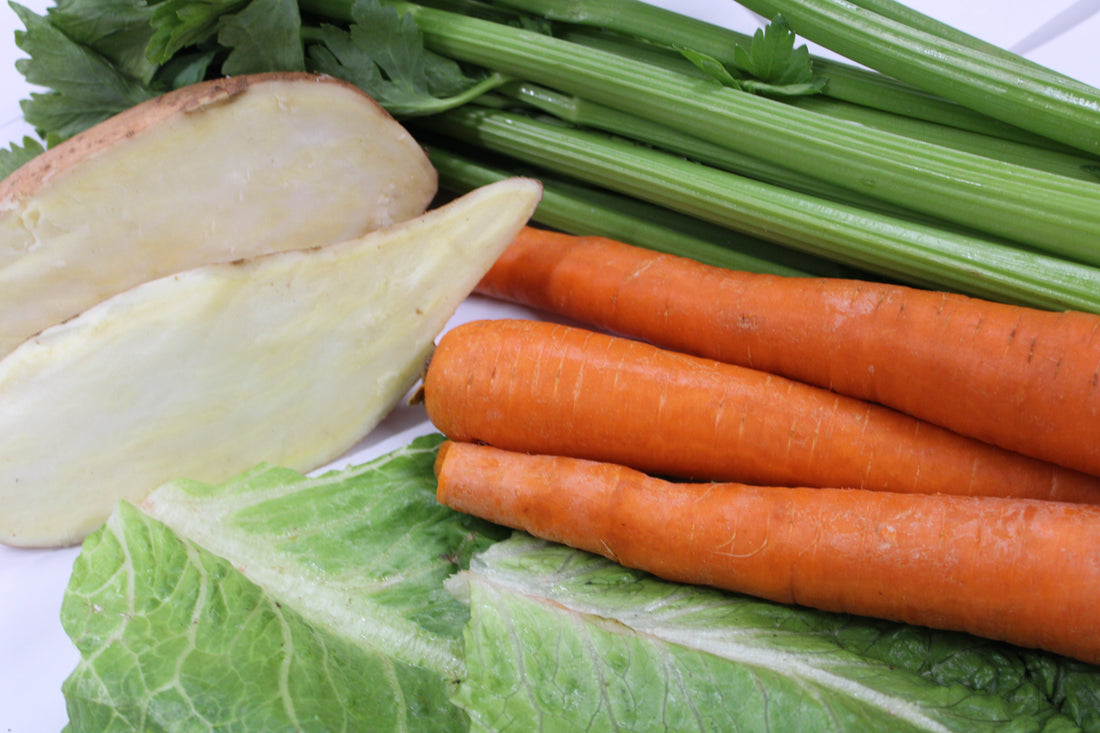
Does My Cat Need Vegetables?
Reviewed by Dr. Tori Jones
Cats are Obligate Carnivores, No Veggies Required
Unlike dogs and humans, who are omnivores, cats are obligate carnivores – meaning that they need a source of animal protein such as chicken cat food or beef cat food to survive. There is also the need for the Amino Acid Taurine. With over 20 types of amino acids present in Mika’s body, amino acids are building blocks for proteins and essential to the proper functioning of most of her system.
Cats Need Taurine, Not Provided by Vegetables
I bring this up, because Taurine is exclusively found in animal-based proteins. Not vegetables. It is critical for normal vision, normal digestion, normal heart muscle function, to maintain normal pregnancy (should you decide to breed) and fetal development, and to maintain a healthy immune system.
Cat Grass
You can always provide her with access to grass, avoiding chemically treated grass and toxic plants, of course. Grass can be a good source of vegetable matter and micronutrients. However, like some natural sources, too much of good thing can be unhealthy. Please be aware that large amounts of certain types of “cat grass” can cause hypervitaminosis D – a rare but potentially serious condition occurring when too much vitamin D is introduced into the system.


